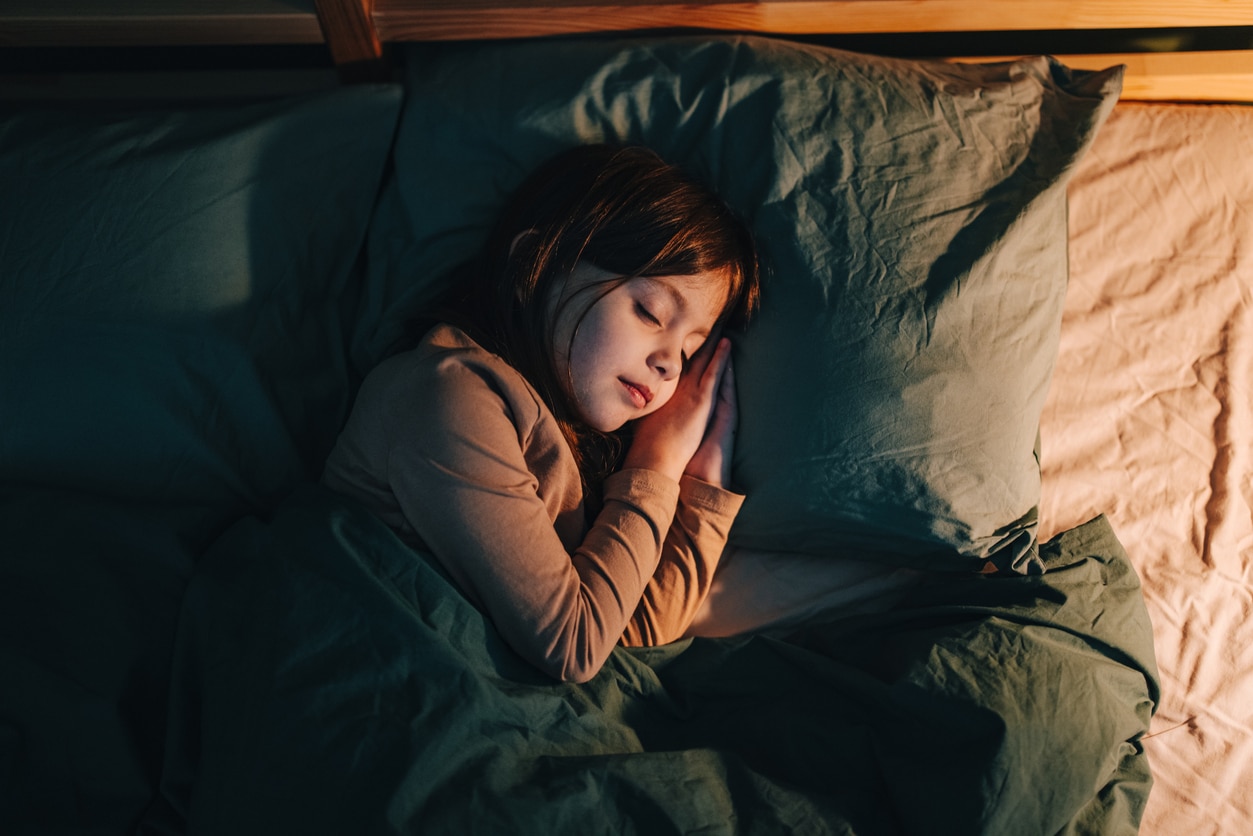Snoring can range from minor to house-shaking noise. While minor pediatric snoring is not usually a cause for concern, severe or disruptive snoring can be a symptom of a more serious underlying condition.
Approximately 10% of children snore over the course of the night. Pediatric snoring can interrupt sleep and lead to exhaustion and crankiness during your usually fun time at Clawson-Burnley Park. Let’s take a look at why pediatric snoring occurs and what you can do to prevent it.
What Causes Pediatric Snoring?

Snoring can arise from a number of causes including but not limited to:
- Swollen tonsils and adenoids
- Nasal congestion
- Allergies
- Asthma
- Poor air quality
- Deviated septum
- Obstructive sleep apnea (OSA)
While most minor snoring is not a cause for concern, snoring from conditions such as obstructive sleep apnea, deviated septum, swollen tonsils and adenoids, asthma and more may require treatment of the underlying condition.
When and How Should Pediatric Snoring Be Treated?
You should consult an ear, nose and throat or sleep specialist if your child’s snoring interrupts their sleep. Sleep loss due to snoring can increase your child’s risk of high blood pressure, heart conditions, stroke, behavioral issues and more.
Treatment for pediatric snoring will vary based on the underlying condition or cause. Treatments for three common conditions include:
- Nasal congestion. Nasal congestion can be managed through a number of home remedies, including nasal irrigation, breathing in steam, elevating your child’s head while they sleep and encouraging them to drink plenty of fluids.
- Allergies. Treating your allergy symptoms and practicing allergen avoidance can decrease inflammation and help prevent your child’s snoring. If you are unsure what allergens your child is sensitive to, schedule a skin prick or scratch test to identify which allergens should be avoided.
- Obstructive sleep apnea. OSA is a condition wherein the airway collapses fully or partially during sleep, leading to snoring, decreased oxygen and interrupted sleep. OSA can be treated with a continuous positive airway pressure (CPAP) machine or Uvulopalatopharyngoplasty (UPPP) surgery. A sleep specialist will be able to determine if either treatment method is suitable for your child’s snoring.
If your child is losing sleep due to excessive snoring, contact Blue Ridge ENT today to make an appointment with one of our specialists.